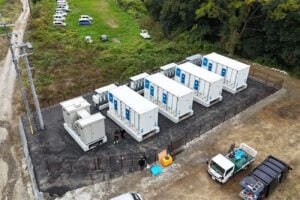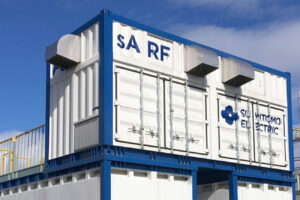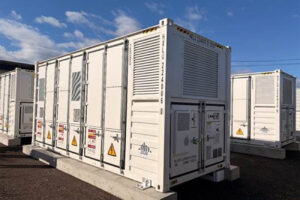Ryohin Keikaku to form 80:20 JV with JERA, invest 2.1B yen in first year to develop solar projects
Enehub Archive
·
June 26, 2025
This story is available exclusively to Enehub Pro members
Subscribe for instant access to:
- Full news database including Enehub Sparks bullet-point summaries of developments not covered by our regular stories and archived stories older than two months
- Enehub Indices tracking renewable capture prices, floor price risk, battery spreads, and other metrics that provide a snapshot of the market, as well as other data such as curtailment rates, technology shares of demand, and balancing market results
- Optional add-ons such as our monthly regulatory and policy tracker The Japan Power Industry Executive and a database of PPAs at a member discount
Not ready to subscribe? Read one of our free stories:
Want to stay updated? Join our free weekly newsletter to get news headlines straight into your inbox.
…or create a FREE Japan Energy Hub account to not only receive the newsletter but also access to selected Enehub Indices and other data.










